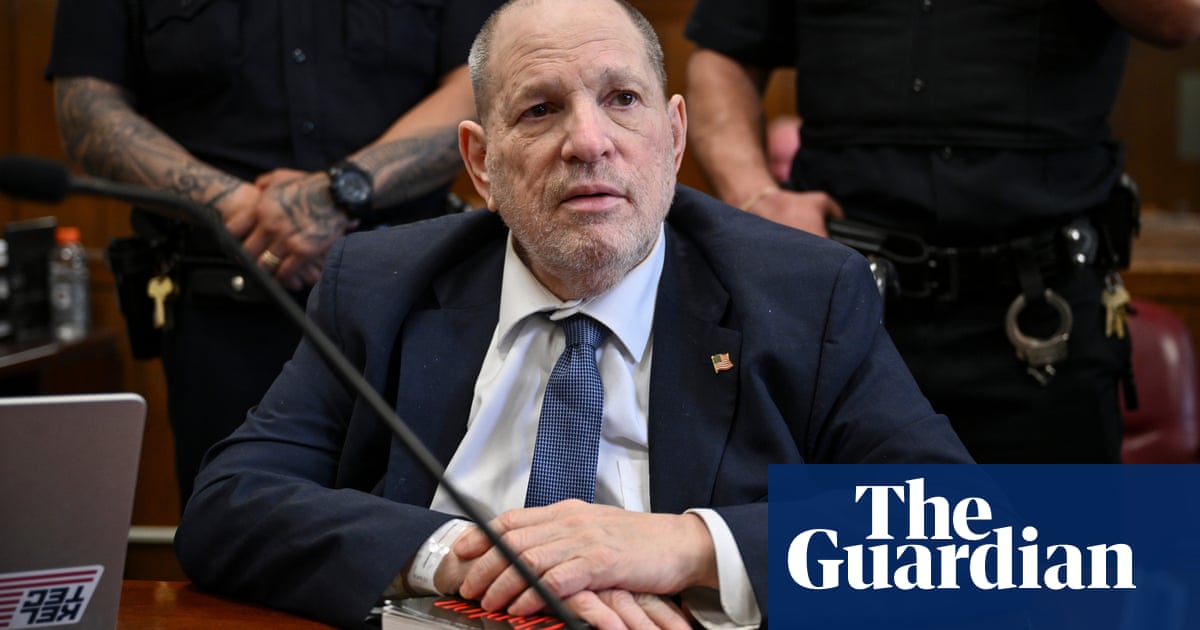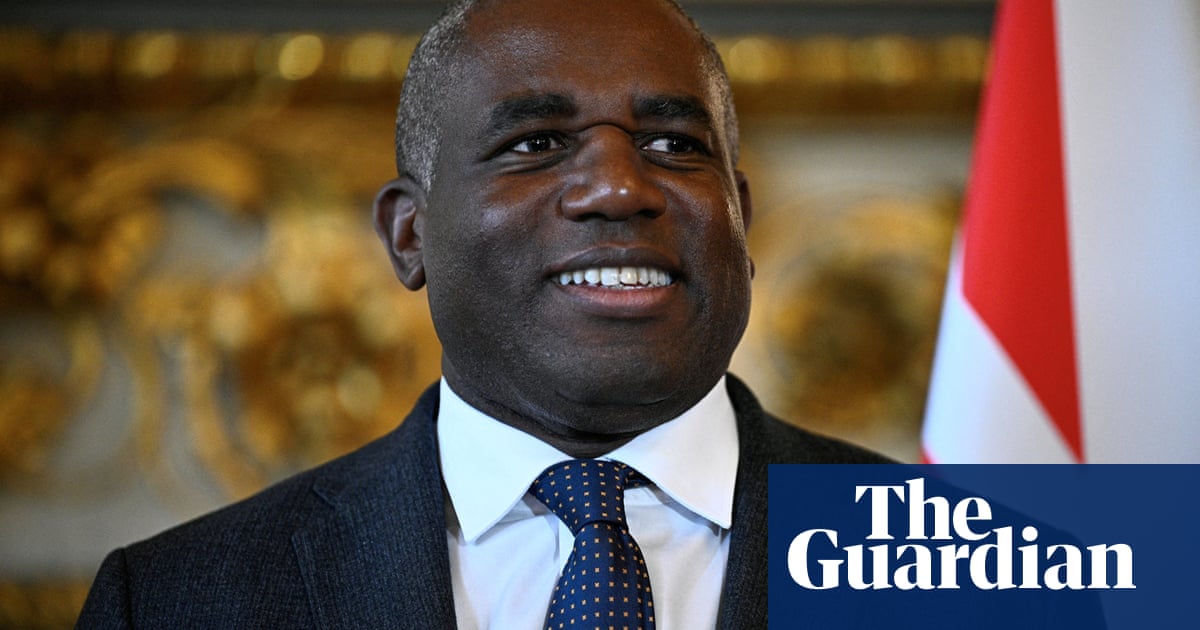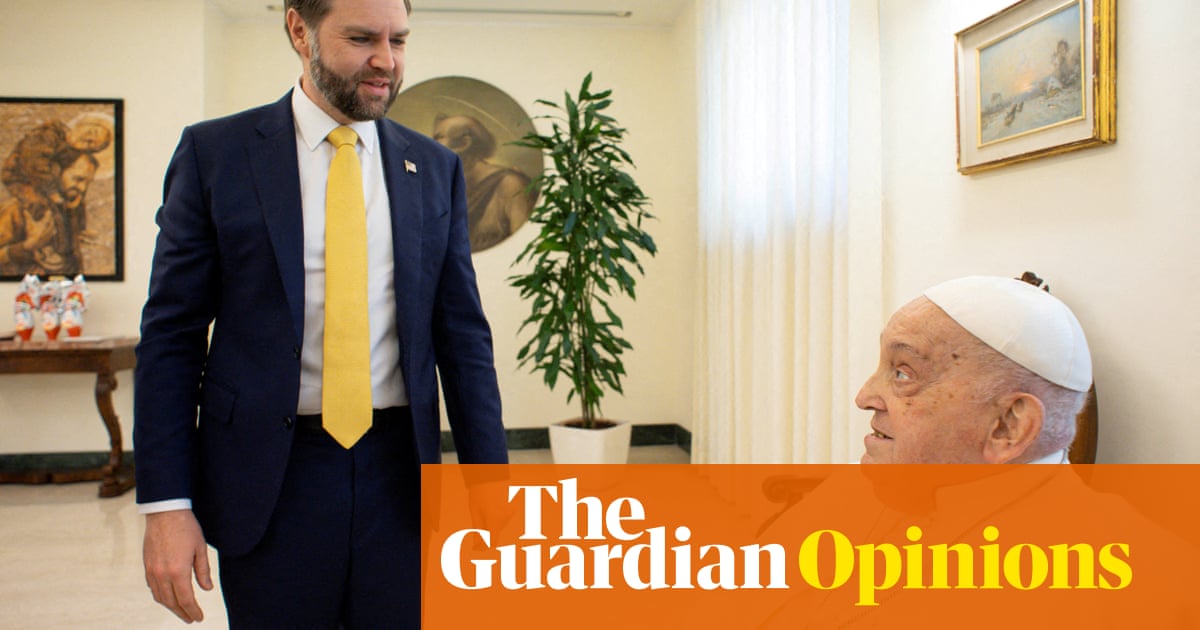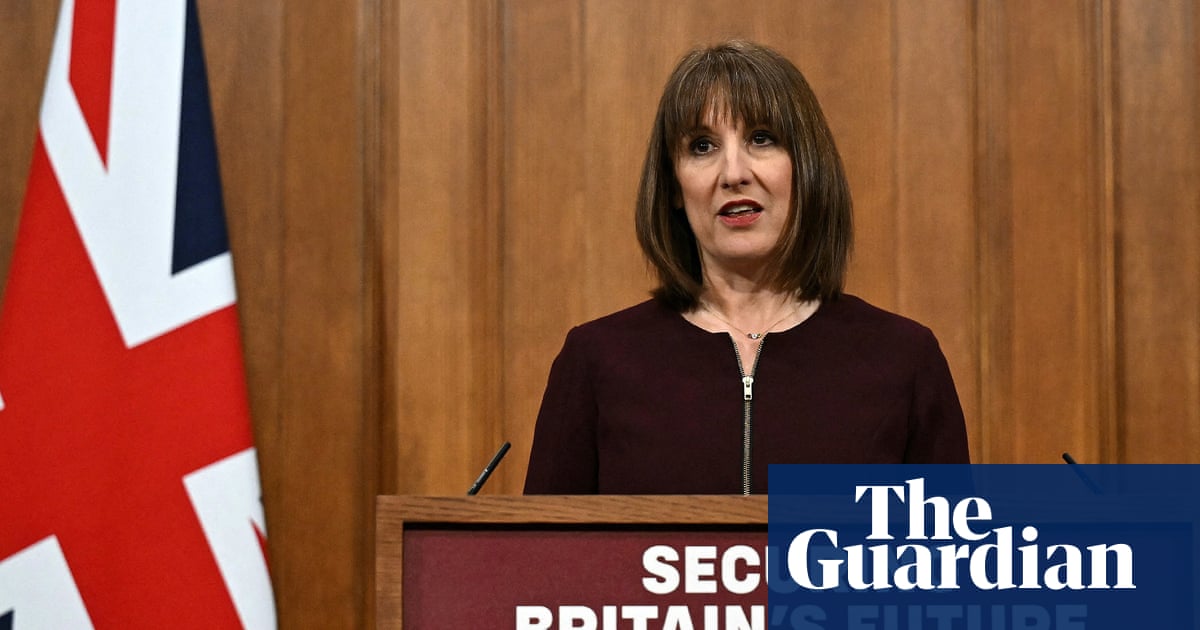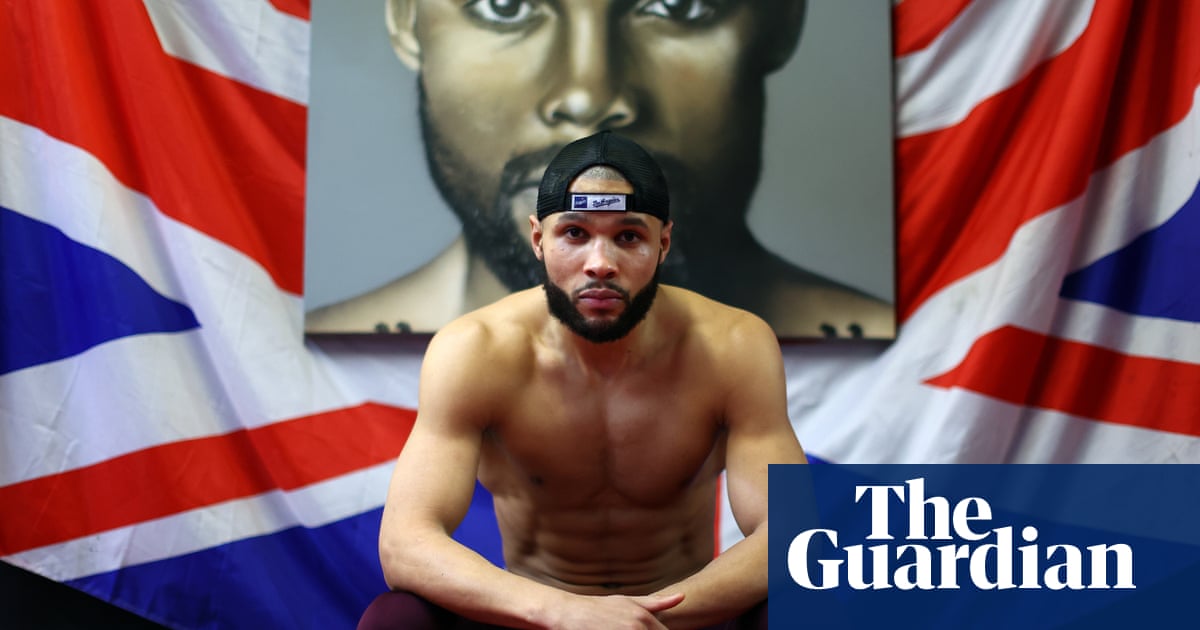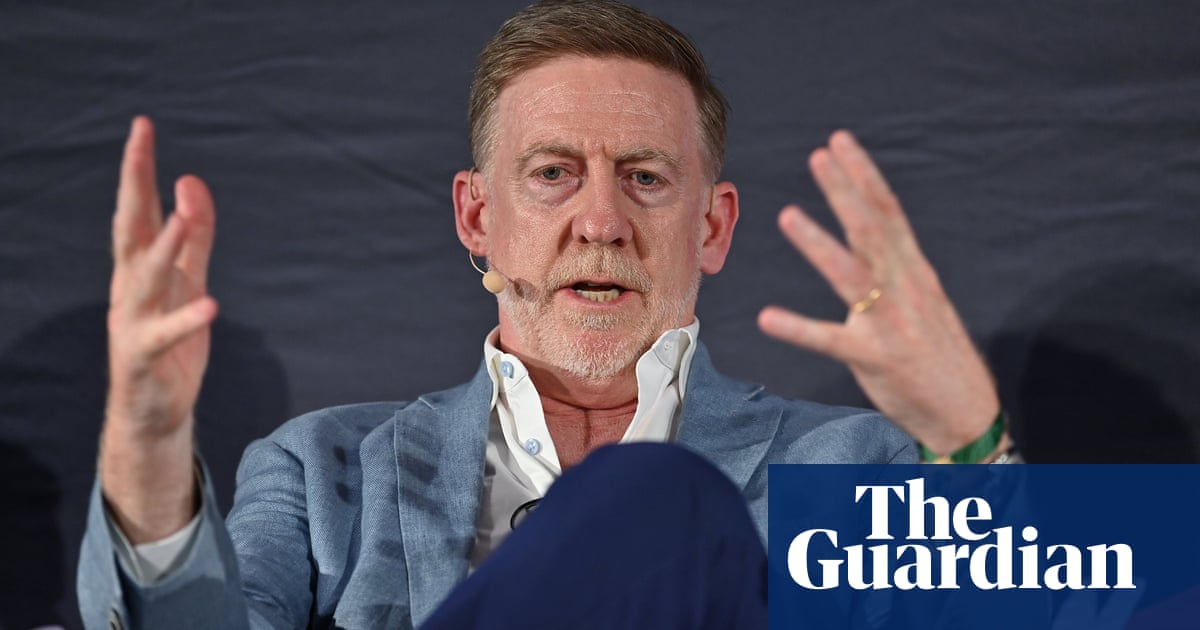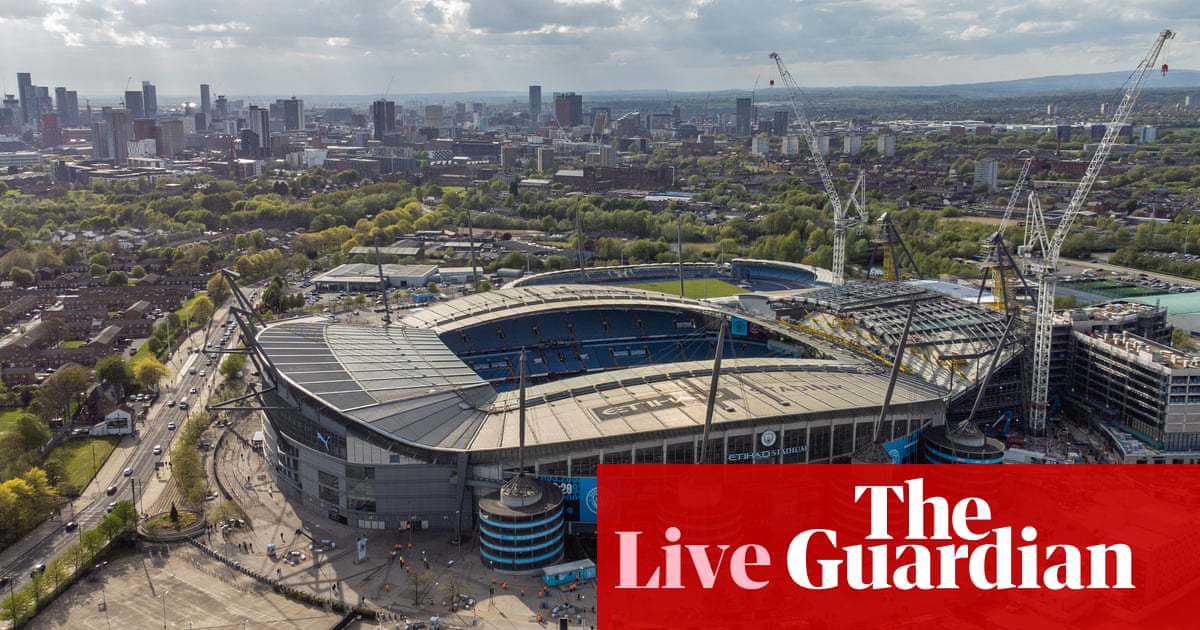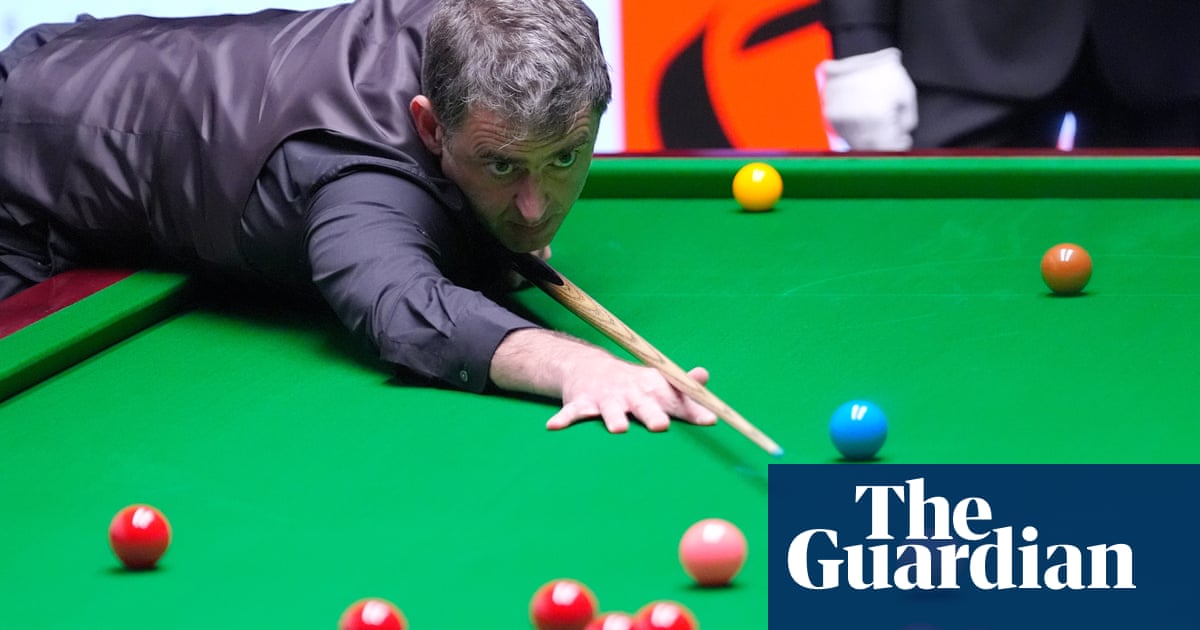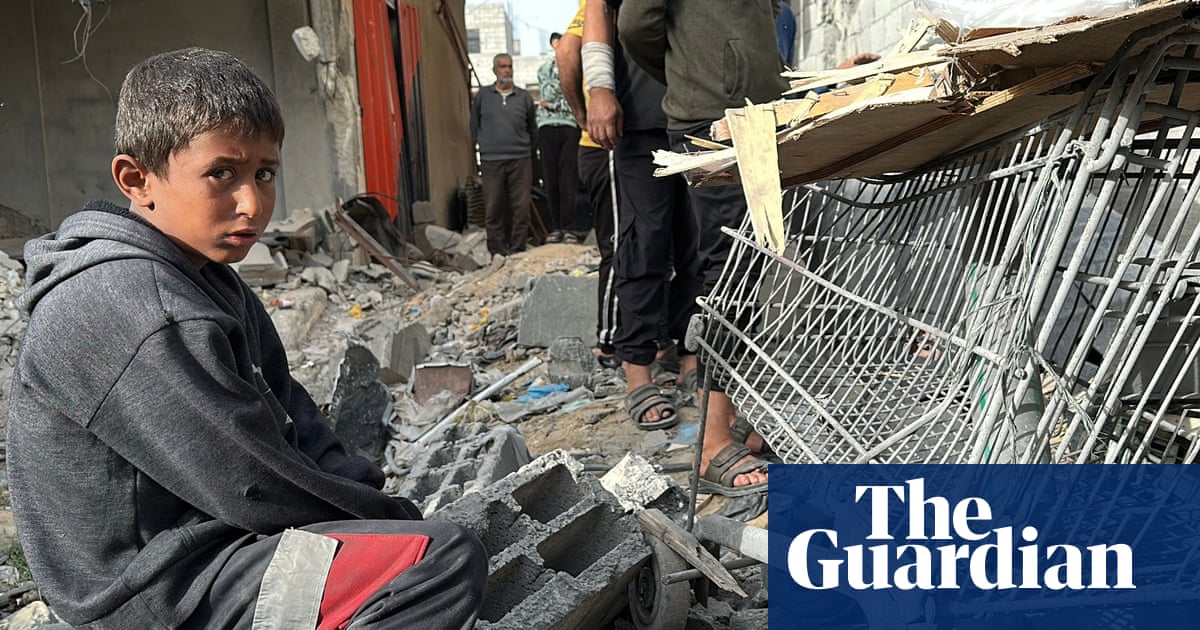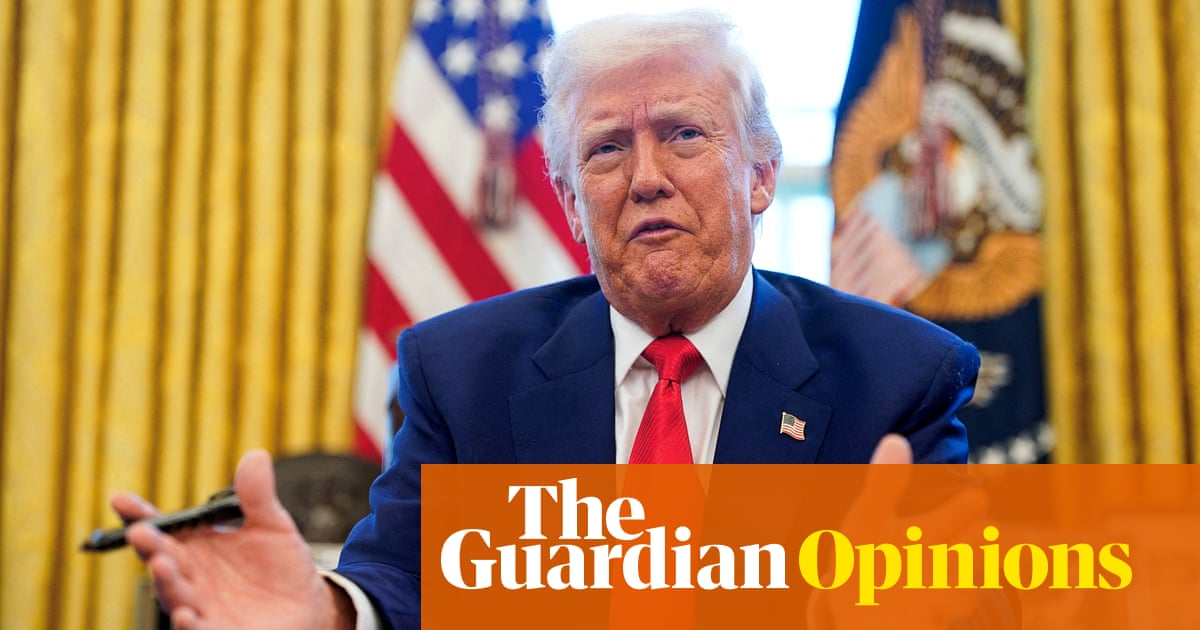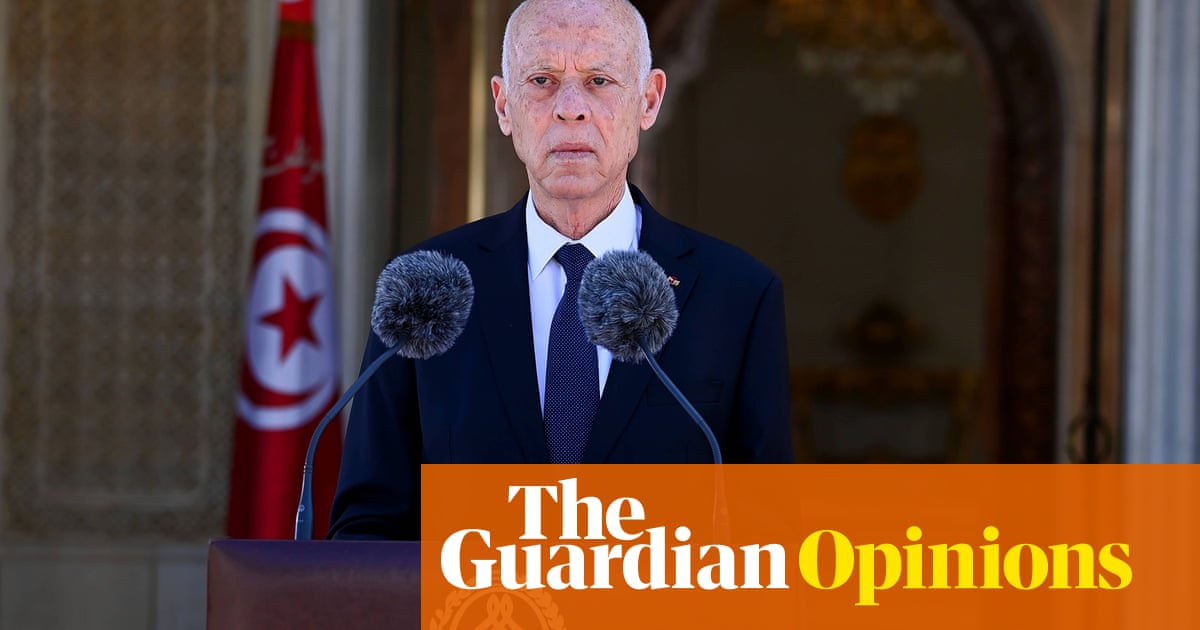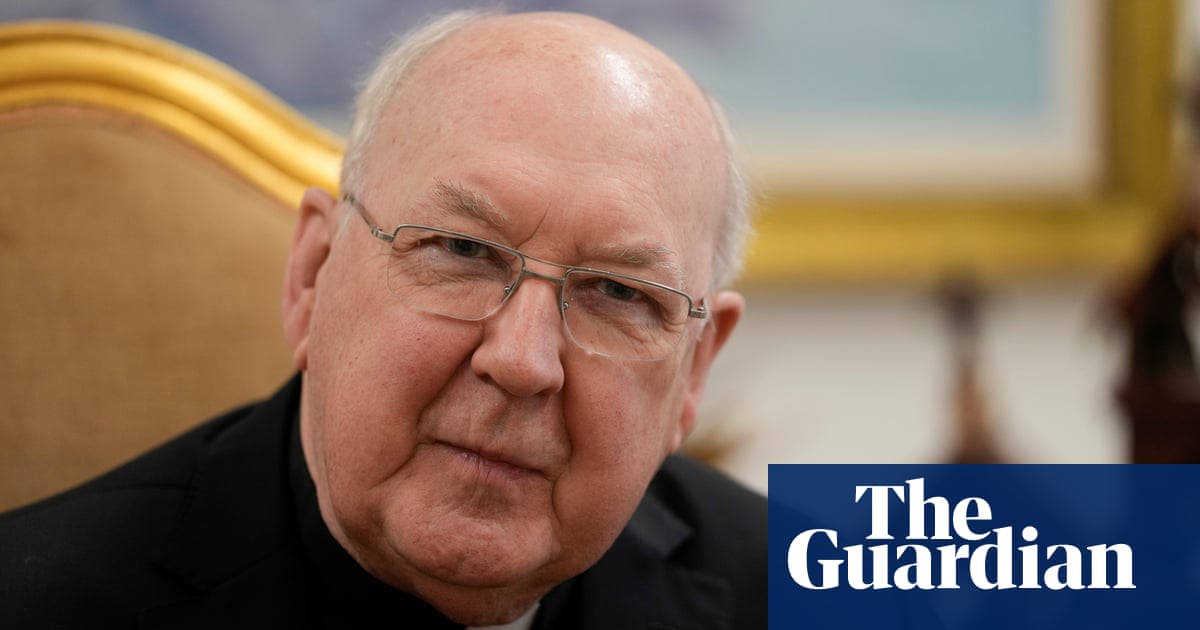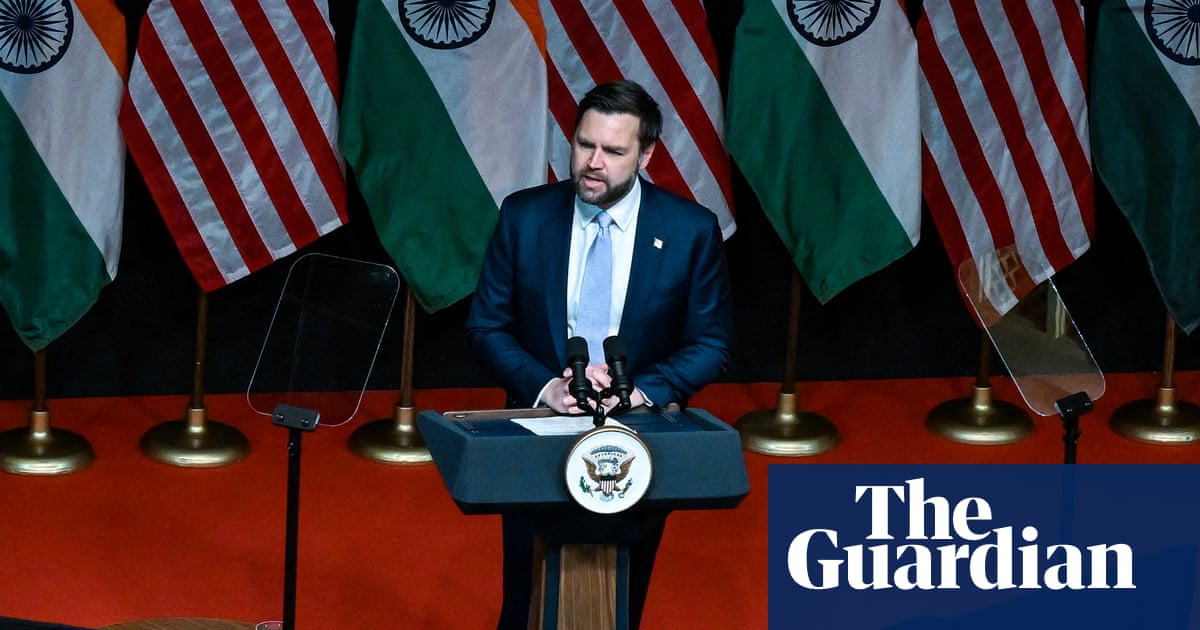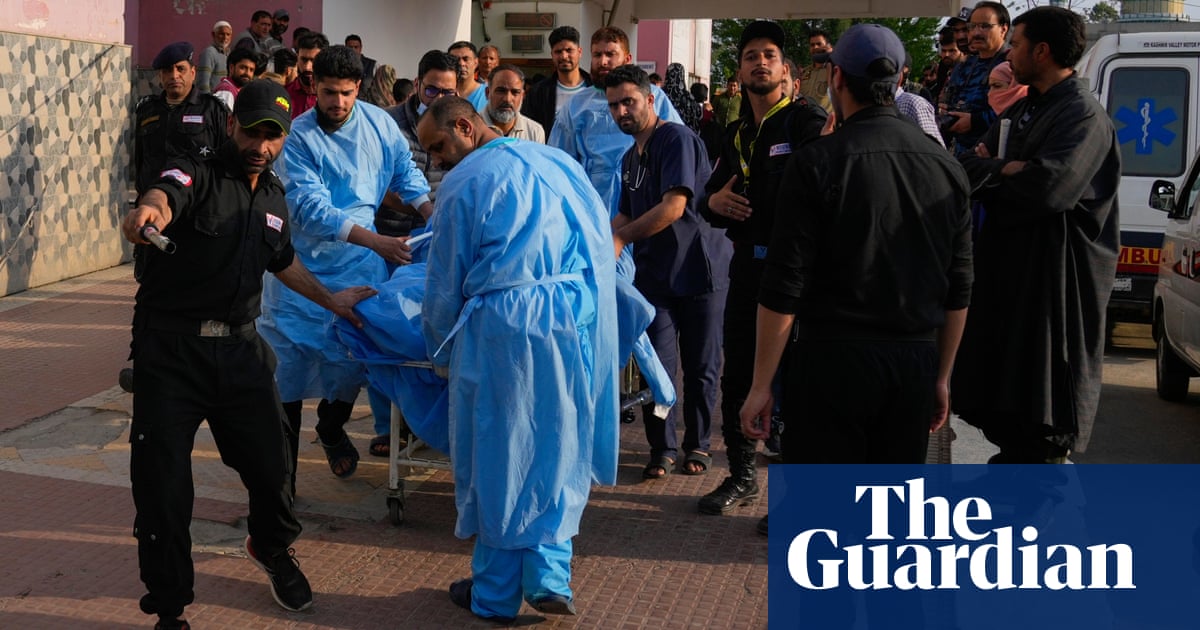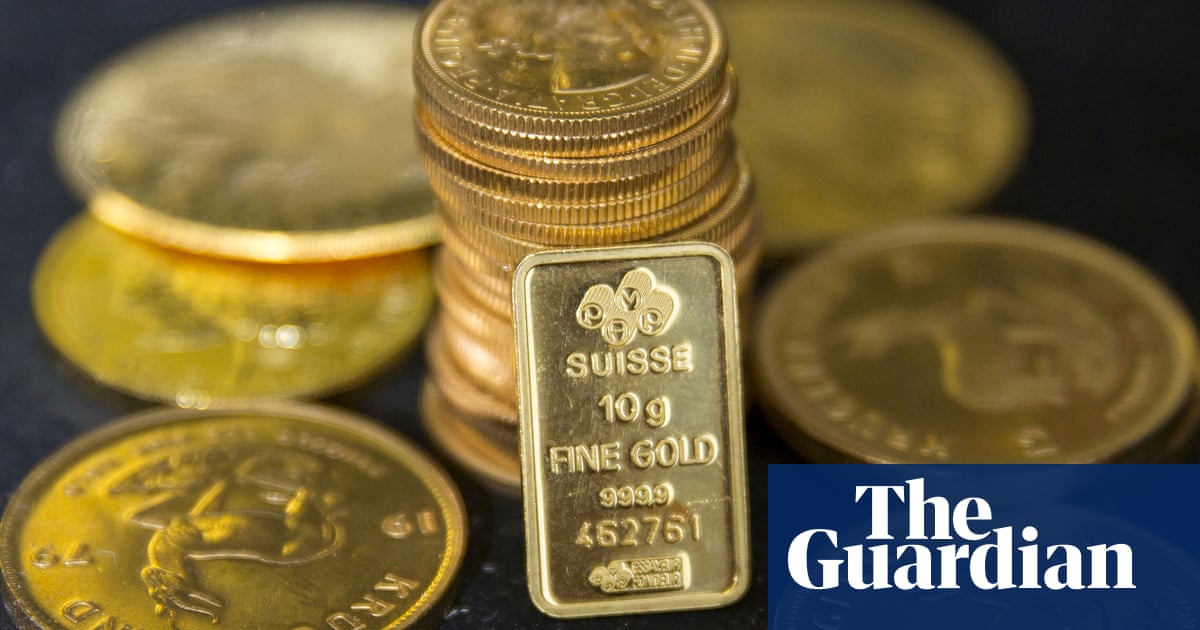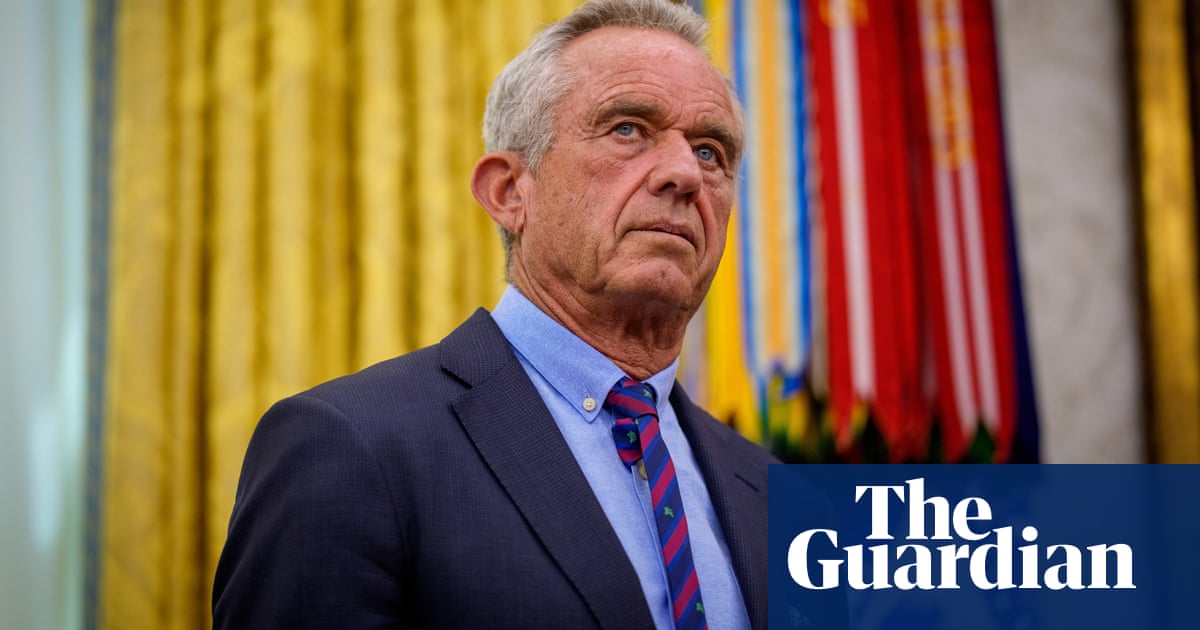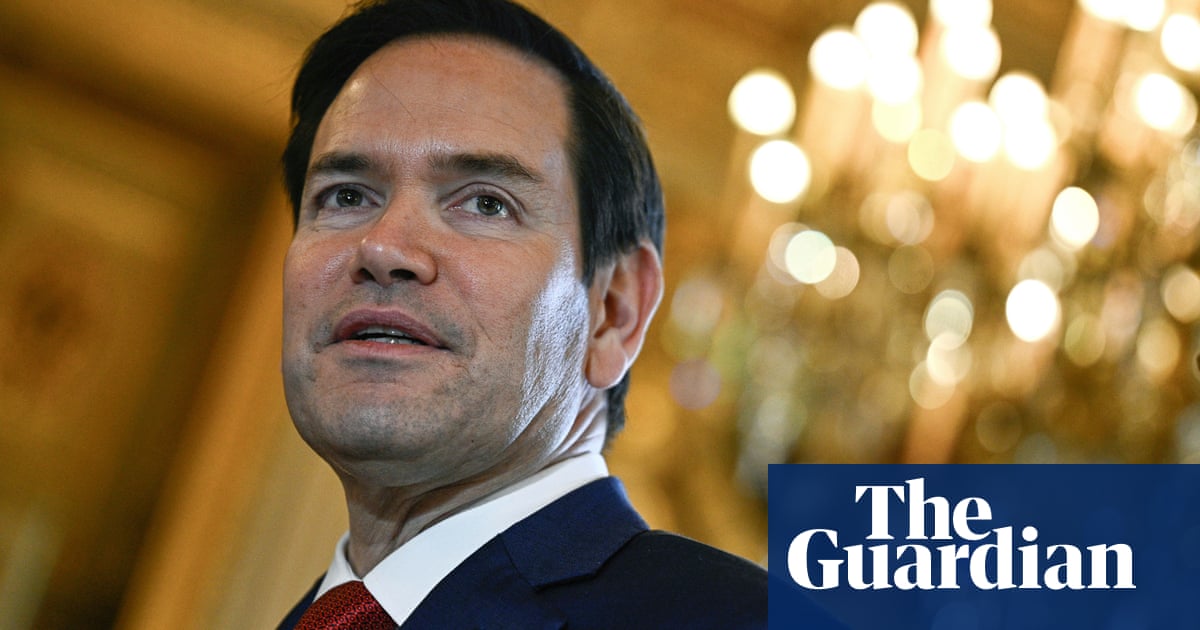The former Philippine president Rodrigo Duterte has been taken into custody after the international criminal court issued a warrant for his arrest for his so-called “war on drugs”.
The former leader, who will turn 80 this month, is accused by ICC prosecutors of crimes against humanity over his anti-drugs crackdowns, in which as many as 30,000 people were killed. Most of the victims were men in poor, urban areas, who were gunned down in the streets.
The president’s office said Duterte was arrested on Tuesday morning at Manila’s main airport after flying back from Hong Kong. “Early in the morning, Interpol Manila received the official copy of the warrant of the arrest from the ICC,” the presidential palace said in a statement. “As of now, he is under the custody of authorities.”
He was being held at an airbase and it was not clear where he would be taken next.
A video shared by the broadcaster GMA appeared to show Duterte as he was stopped onboard a plane. “You will just have to kill me. I won’t allow you to take the side of the white foreigners,” he said. Philippine police said 379 police personnel had been deployed to the airport and other key locations.
Duterte later told police he should be put on trial in a court in the Philippines and not at the ICC. “If I committed a sin, prosecute me in Philippine courts,” he said in a video shared on social media by a relative.
Duterte’s daughter Sara, the country’s vice-president, said her father was being “forcibly taken to The Hague tonight” and that he had been denied his legal rights.
“Today, our own government has surrendered a Filipino citizen – even a former president at that – to foreign powers. This is a blatant affront to our sovereignty and an insult to every Filipino who believes in our nation’s independence,” she said.
Government officials have not commented on whether or when Duterte might be flown out of the Philippines.
Leila de Lima, one of the fiercest critics of Duterte and the “war on drugs” who was jailed for more than six years on baseless charges under his former government, said: “Today, Duterte is being made to answer – not to me, but to the victims, to their families, to a world that refuses to forget. This is not about vengeance. This is about justice finally taking its course.”
Josalee S Deinla, secretary general of the National Union of Peoples’ Lawyers, which represents the victims of the war on drugs, said that justice was “finally catching up” with the former leader.
Duterte, who remains an influential figure in the Philippines, was being held at Villamor airbase in Pasay with his wife and youngest daughter, Veronica, who posted updates on social media throughout Tuesday. In one clip, an official said Duterte’s family could select three people to accompany him to a charter flight. “Tell where he will be brought. You son of a bitch,” a voice shouted. In another update, Veronica Duterte warned about her father’s health, posting a photograph of him resting and receiving oxygen.
Ronald “Bato” dela Rosa, a senator and close ally of the former leader, has filed a petition with the country’s supreme court challenging the arrest and seeking a temporary restraining order to prevent cooperation with the ICC.
Duterte’s supporters have argued that, as the Philippines withdrew from the Rome statute in 2019, the ICC no longer has jurisdiction. However, the ICC has previously said it retains jurisdiction for alleged crimes that occurred in the country before its withdrawal.
Rights groups urged the government of the Phillipine president, Ferdinand Marcos Jr, to swiftly surrender him to the ICC.
Marcos, who was previously allied with Sara Duterte, had in the past refused to cooperate with the ICC investigation. However, his stance shifted after the two families became embroiled in a feud, and his government said more recently that it would cooperate if the ICC asked international police to take the former president into custody.
Duterte became president in 2016 after promising a merciless, bloody crackdown that would rid the country of drugs. On the campaign trail he once said there would be so many bodies dumped in Manila Bay that fish would grow fat from feeding on them. After taking office, he publicly stated he would kill suspected drug dealers and urged the public to kill addicts.

Since his election, between 12,000 and 30,000 civilians are estimated to have been killed in connection with anti-drugs operations, according to data cited by the ICC.
Even as his crackdowns provoked international horror, he remained highly popular at home throughout his presidency.
Police reports often sought to justify killings, saying that officers had acted in self-defence, despite witnesses stating otherwise. Rights groups documenting the crackdowns allege police routinely planted evidence, including guns, spent ammunition and drugs. An independent forensic pathologist investigating the killings has also uncovered serious irregularities in how postmortems were performed, including multiple death certificates that wrongly attributed fatalities to natural causes.
Duterte, who appeared before a senate inquiry into the drugs war killings in 2024, said he offered “no apologies, no excuses” for his policies, saying: “I did what I had to do, and whether you believe it or not, I did it for my country.” During the same hearing, he told senators that he had ordered officers to encourage criminals to fight back and resist arrest, so that police could then justify killing them – but also denied authorising police to kill suspects.
Duterte also told the hearing that he kept a “death squad” of criminals to kill other criminals while serving as a mayor of Davao, prior to becoming president.
The ICC’s investigation into the anti-drugs killings covers alleged crimes committed from November 2011 to June 2016, including extrajudicial killings in Davao City, as well as across the country during his presidency up until 16 March 2019, when the Philippines withdrew from the court.
Human rights groups welcomed his arrest as a major breakthrough for families whose loved ones were killed. Human Rights Watch called it “a critical step for accountability in the Philippines” that “could bring victims and their families closer to justice”.

 1 month ago
34
1 month ago
34

